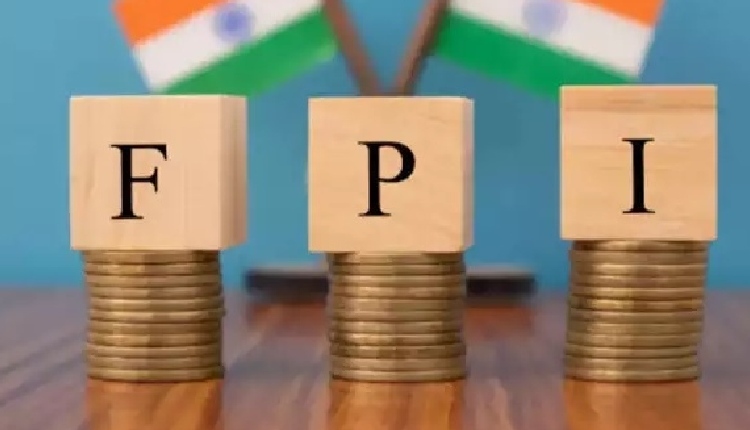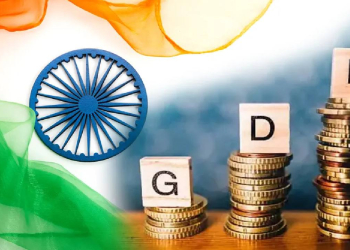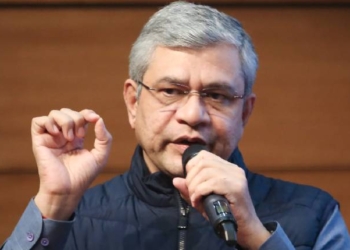New Delhi: Markets are reacting to US tariff-related concerns and global uncertainties, yet these periods of volatility have always tested — and ultimately rewarded — long-term conviction, market experts said on Monday.
The Indian stock markets, like their global peers, reacted sharply to the US reciprocal tariffs, and plunged.
According to Arvind Kothari, smallcase manager and Founder, Niveshaay, panic is rarely a strategy and staying anchored to fundamentals is key.
“We urge investors to remain calm and focused, avoiding impulsive decisions driven by short-term noise. While it’s difficult to pinpoint which sectors will rebound first, but domestic-focused areas like FMCG and consumption appear better placed in the near term,” he said.
Export-heavy or globally linked sectors may take longer, with clarity emerging over time. Periods like these often pave the way for the next growth cycle. As clarity improves, staying invested in fundamentally strong businesses are likely to lead the recovery and create long-term value, according to Kothari.
Manish Jain, Chief Strategy Officer and Director, Mirae Asset Capital Markets, said that from the current level (Nifty was around 23,200), expect 5-6 per cent correction (around 22,000).
“That is because of PE contraction. If EPS contraction starts then more than 10 per cent correction in Nifty and a below (or around) 20,000 level is triggered so watch this and upcoming earnings carefully,” he mentioned.
India’s long-term story is intact as the GDP growth is estimated at 6.5 per cent for FY25.
“The debt-to-GDP ratio is expected to decline by at least 5.1 percentage points from 2024-25 to 2030-31. At some point in time, India could be a place to hide for FPIs,” said Jain.
“We believe that Private Banks, FMCG, OMCs and Paints will lead the recovery, while the IT sector is expected to lag,” added Karthick Jonagadla, smallcase manager and Founder, Quantace Research.
(IANS)
















